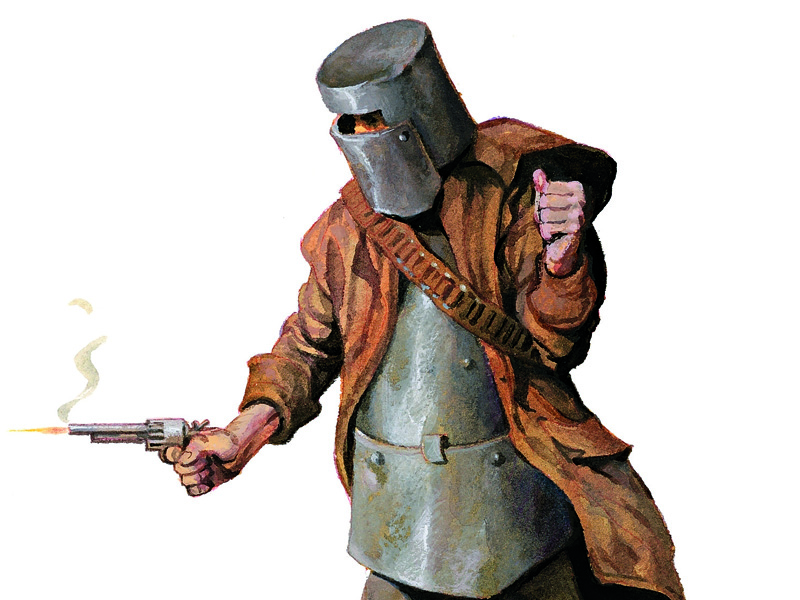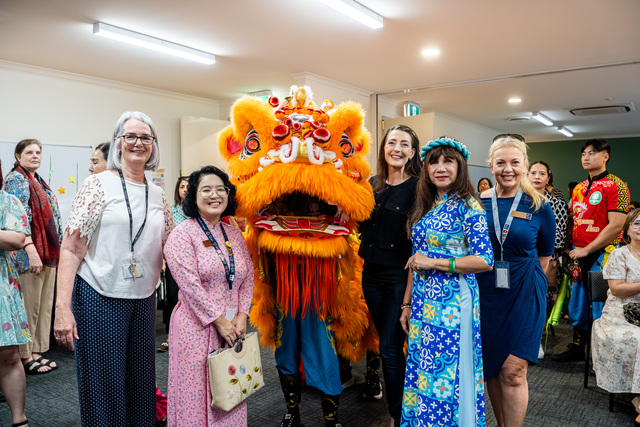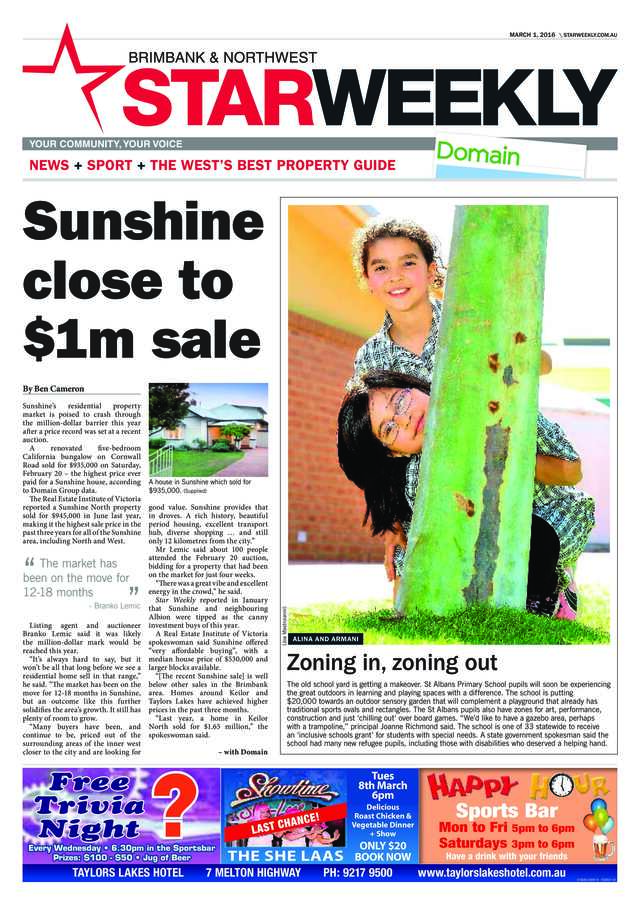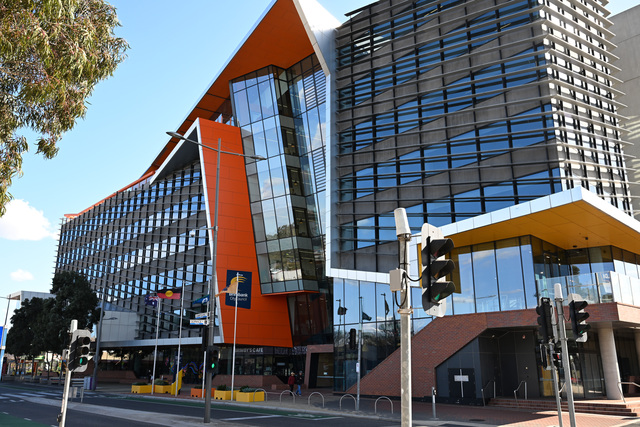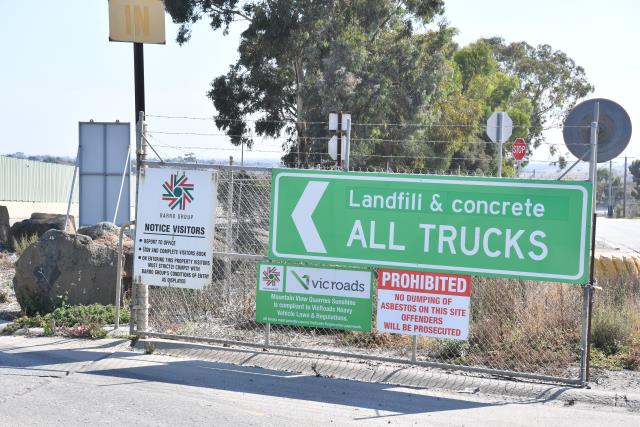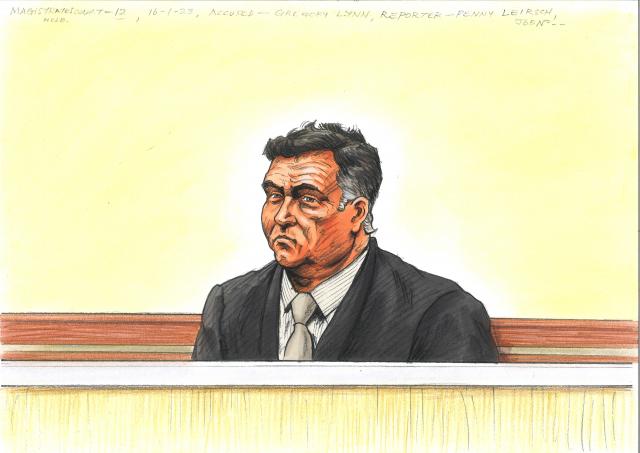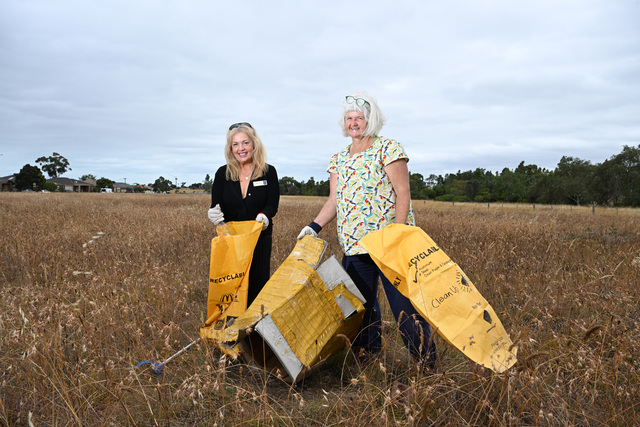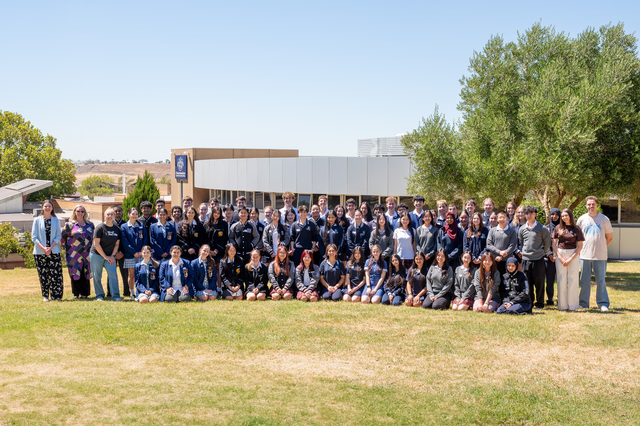There are two names redolent of late 19th-century Australia. The first is Ned. The shamelessly mythologised thief and murderer Ned Kelly is a recurring motif in Australian art and literature. As far as bits of steel and popular culture go, his helmet is an image almost as ubiquitous as Andy Warhol’s Campbell’s soup can.
Even before the bushranger and his cohorts were the subject of the world’s first surviving feature-length movie The Story of The Kelly Gang, written and directed by Charles Tait in 1906, there was a melodrama by Arnold Denham.
Ned was muse to one of Australia’s greatest painters, Sidney Nolan, inspiring 27 paintings in his Kelly series. Later, no lesser an idol than Mick Jagger would strut forward in 1970 to portray Ned in what was then the seventh film about this Irish convict son.
In the late ’70s there was also a rock opera written about the bushranger by Reg Livermore, while Johnny Cash wrote and recorded the song Ned Kelly for his album Man In Black.
Ned was the subject of Peter Carey’s Booker Prize-winning novel True History of the Kelly Gang and Robert Drewe’s earlier novel Our Sunshine, which was the basis of a 2003 film starring Heath Ledger.
Ned is also a recurring theme in the work of Haha, a Melbourne street artist, and even inspired the Tin Symphony in the opening ceremony of the 2000 Sydney Olympics.
Now he is the subject of another musical.
Ned: An Ordinary Man, an Extraordinary Legend makes its world premiere at the new Ulumbarra Theatre in the fitting confines of the old Bendigo jail next month.
Concurrently, the celebrated Bendigo Art Gallery is running an exhibition called Imagining Ned, which features artefacts and ephemera alongside works by Nolan, Arthur Boyd, Adam Cullen and Norman Lindsay.
But if Ned is the man of the moment, then his partner, far more shy and elusive, must be Matilda.
This month marks 120 years since Banjo Paterson first publicly performed Waltzing Matilda in a small pub in outback Queensland.
While the exact etymology of the name Matilda as used to describe the swagman’s bundle is disputed, there is no doubt she’s part of the national psyche. There have been more than 700 recordings of the unofficial national anthem, ranging from classical covers to punk rock and yodelling.
In recent years it has emerged there was a love triangle behind the composition that led Paterson to jilt his long-time fiancée Sarah Riley after a scandalous flirtation with one of her best friends, Christina Macpherson. It was only in 1971, when some of her original writing was discovered, that Macpherson – great-great aunt of former Victorian premier Ted Baillieu – emerged as the co-author of Waltzing Matilda.
Now her ghost will be heard when The Man They Call The Banjo, a musical theatre production about the love story behind the song by Felix Meagher and Dennis O’Keeffe, has its world premiere at Little River this month.
So Ned and Matilda waltz on in the hearts and minds of another generation.

